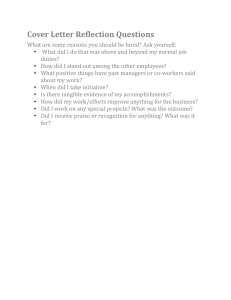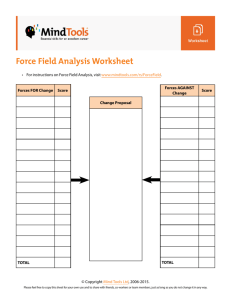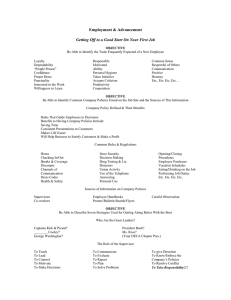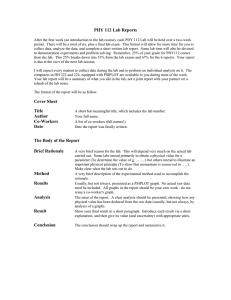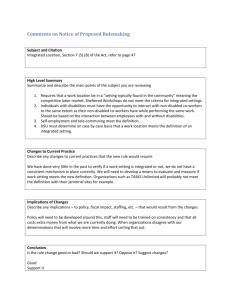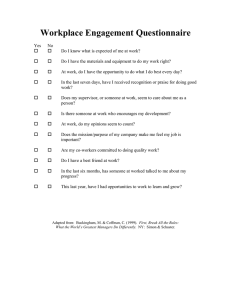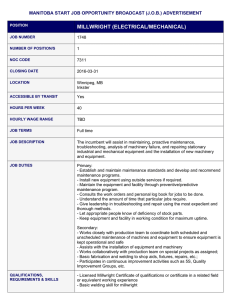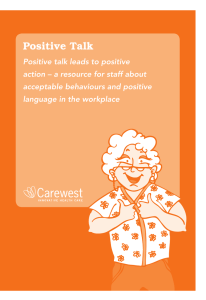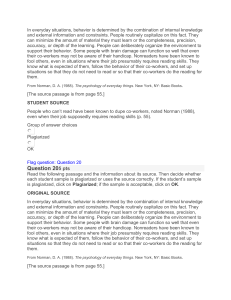Austin Moore, Nick Mercuro, John Skinner
advertisement
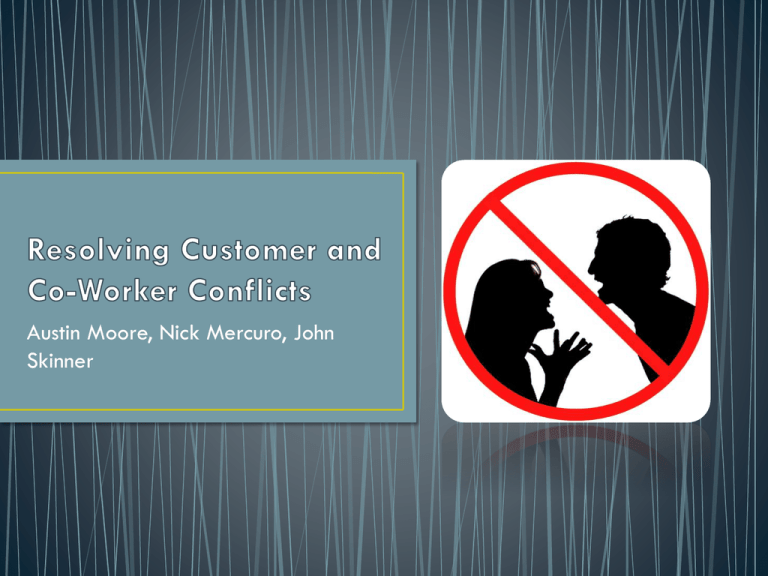
Austin Moore, Nick Mercuro, John Skinner • Being unable to get through to a company on the telephone. • Not having your phone calls returned by a company. • Being kept waiting for an unreasonable period of time on the telephone and silent calls. • Rude or unhelpful customer service staff. • Being given conflicting advice on the telephone. • Being incorrectly subject to extra charges, for example extra costs for late payment. • • • • • • • • Unwanted Emails Unsolicited goods Verbal Miscommunications Faulty Product or Service Rude customers Loitering Different Languages/Customs Theft/Shoplifting • Annoying Co-Workers • Bad worker Hygiene • E-mailing the person next door instead of walking over and talking face to face • Allowing your cell phone to continue ringing. • Whining about work, or complaining about the workload • Eavesdropping • • • • • • • Eating smelly food at your desk Eating other people’s food Wearing too much cologne Playing music too loudly "Smacking" your gum. Having personal arguments over the phone Breaking the personal space barrier; for example, stepping a little too close to coworkers during a conversation • Clipping fingernails while at your desk • Swearing at the computer • • • • • Lying Not getting work to your co-workers on time Talking to loudly Not being friendly (Possessing negative energy) Talking behind employees backs. • Happy customers are more likely to buy your product or service again. • Information on how to fix future problems. • Maintain a good store image. • Saves you time and trouble with your boss (you never want them to ask if they can talk to your manager). • Helps develop better social skills. • Encourages a heathy relationship with co-workers. • Removes awkwardness or tension between co-workers and can make work more enjoyable for you and others. • Helps make work more efficient and less stressful. • Shows responsibility and professional behavior. • Communication plays a big part in creating and solving conflicts • Miscommunication leads to misunderstanding, improper work, and stress on others • Conflicts are inevitable, but proper communication can limit conflicts and make them less of a big deal • • • • • • Early intervention is key Define Acceptable Behavior Hit The Conflict Head-on Stay Calm Pick your battles and avoid conflict for the sake of conflict Listen to Understand • • • • • • • • • • • State Your Case Tactfully Attack the Problem, Not the Person Avoid the Blame Game Focus on the Future, Not the Past Link Offers Be Creative Be confident Listen Understand Company Policy Patience Give Feed Back • • • • Be empathetic This lets the other person know that you are on their side If you are not empathetic it will cause anger and frustration This will only lead towards back and forth argument and further the conflict
